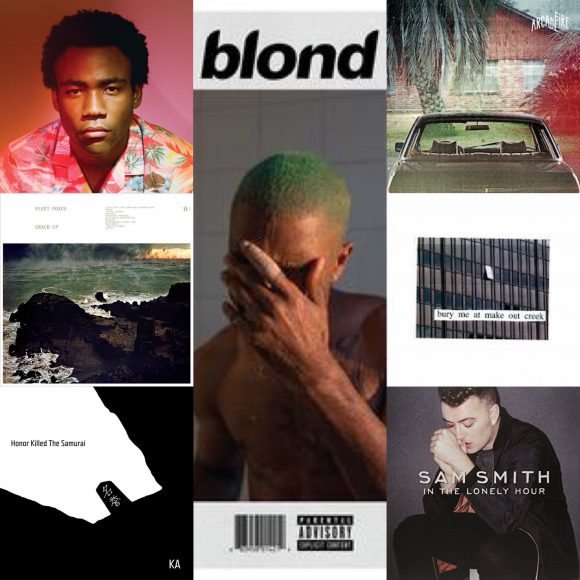
The CUI’s albums of the decade.
As the decade comes to a close, the CUI arts section takes a trip back through their favorite albums of the past ten years:
“Crack Up” (2017) – Fleet Foxes
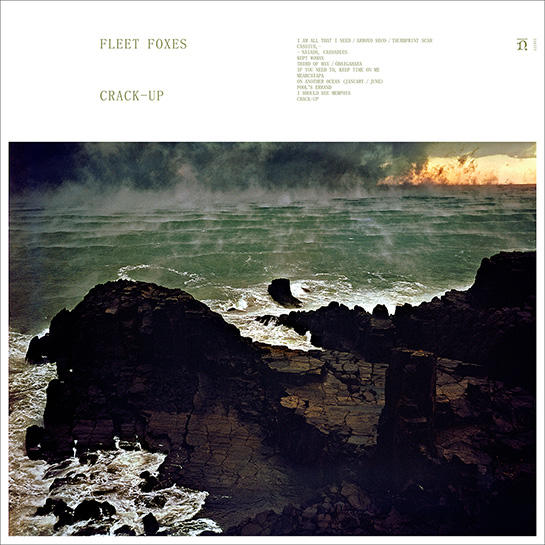
Fleet Foxes “Crack-Up.” (Nonesuch Records)
Following a six-year hiatus, Fleet Foxes finally returned with their third full-length album. “Crack-Up” is a complete turn around from the baroque-pop rock group’s previous two albums. The group made a name for themselves, teetering on the edge between progressive coffee house music and sonic genius. The directional shift in “Crack-Up” places Fleet Foxes high on the podium of artistic exploration and makes them a dynamic group to keep track of in modern music.
Titled after F. Scott Fitzgerald’s 1945 essay “The Crack Up,” Fleet Foxes’ version follows the same path of comparing life to a shattered china plate and the dilemma of whether it is better to sweep it away or pick the pieces up and start over again. Lead singer Robin Pecknold contemplates this in a somewhat biographical approach to his life during the group’s hiatus. Ultimately what is born out of reinvention and revelation is a 55 minute epic of self-realization and determination to keep pushing on, no matter what is thrown at you.
–Zack Cohen, Head Arts Editor
“In the Lonely Hour” (2014) – Sam Smith
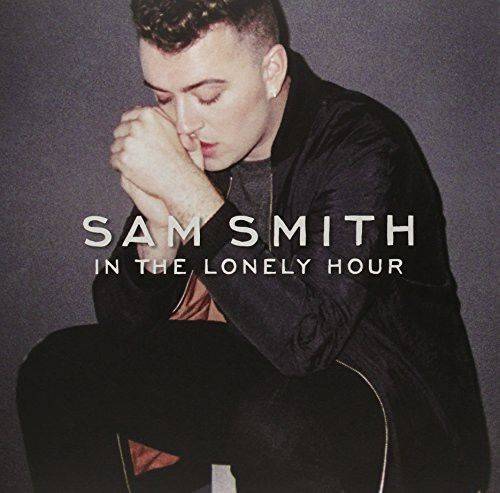
“In the Lonely Hour” perfectly captures the essence of heartache. Each track of singer-songwriter Sam Smith’s album traces a broken-hearted man’s wishes with candor and simplicity spelled out through the songs’ titles. “Leave Your Lover” for me. “Lay Me Down” and “Stay With Me” tonight because they’ll never love you “Like I Can.” “I’ve Told You Now” that you are my “Life Support,” even though you’re not a “Good Thing” for me. I know “I’m Not the Only One” for you. Even if you love me, it’s “Not In That Way.” Catchy bluesy chord progressions and simple melodies keep the focus on the lyrics. Smith’s crystalline, gospel belt fills each track with awe-inducing power, interspersed with quieter, vulnerable moments.
In the special Drowning Shadows Edition, he pays tribute to his vocal powerhouse influences: Whitney Houston in “How Will I Know” and Amy Winehouse in “Love is a Losing Game.” Smith strips the tracks down to delicate laments, retaining his distinctive style. Although Smith has recently shifted to electronic with dance tracks such as “How Do You Sleep” and “Dancing With a Stranger,” his debut album remains his strongest work, a timeless reflection on unrequited love for all of the wounded hearts out there.
– Isabella Fincher, Assistant Arts Editor
“Blond” (2016) – Frank Ocean
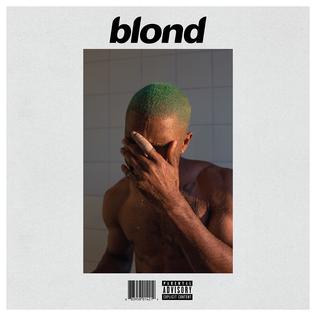
Frank Ocean’s “Blond.” (Self Released)
“Blond” is a flawless masterpiece. Since it dropped in 2016, I have racked up around 30 front-to-back listens. Since the release of the album, I listen to Frank Ocean’s effortless smooth as butter vocals on every plane ride. His voice transports me to an alternate dimension encased in fervent narratives and mystifying musical experiences.
“Blond” jumps from genre to genre, story to story. Ocean speaks on the heartbreak and turmoil of failed relationships in his soulful ballads such as “Ivy.” He shows his ingenious production through the clever sampling of Stevie Wonder’s cover of the Carpenters in “Close To You” and the iconic beat switch in “Nights” which hits at the exact midpoint of “Blond.” Ocean utilizes the album to experiment by way of storytelling through his genre bounding tracks which switch from hectic atmospheric sounds to tranquil harmonies that send chills up the listener’s spine. It is difficult to distinguish a single blemish on “Blond.” It stands atop the podium for my favorite album of the 2010s for good reason.
–Benny Titelbaum, Staff Writer
“The Suburbs” (2010) – Arcade Fire
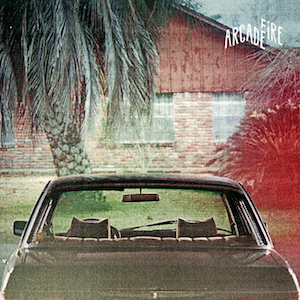
Arcade Fires “The Suburbs.” (Merge Records)
After addressing death and religion on their first two albums, indie rock band Arcade Fire continued to make bold statements with more levity. “The Suburbs” echoes lasting childhood dreams and anxieties, taking listeners through the past. Listening to the album mirrors driving through memories laced with visions of lost futures, lamented in the 16 tracks.
The dichotomy of familiar fears and defiant hopes develops through lyrical apprehension and upbeat chords. The title track illustrates the urban claustrophobia that limits our aspirations. But, as Win Butler sings, “Sometimes I can’t believe it/ I’m moving past the feeling.” His falsetto hints at what lays beyond. The melodic journey through everyday sentiments epitomizes in the two-part track “Sprawl I” and “Sprawl II.” Stripped back instrumentals on “Sprawl I” leave Butler’s vocals isolated, evoking loneliness and desolation. Later, “Sprawl II” glimmers with pulsating electronics and weightless harmony. Through a well-paced range of introspective compositions, “The Suburbs” elegantly encapsulates the universality of human existence.
–Kaylie Pykkonen, Staff Writer
“Because the Internet” (2013) – Childish Gambino
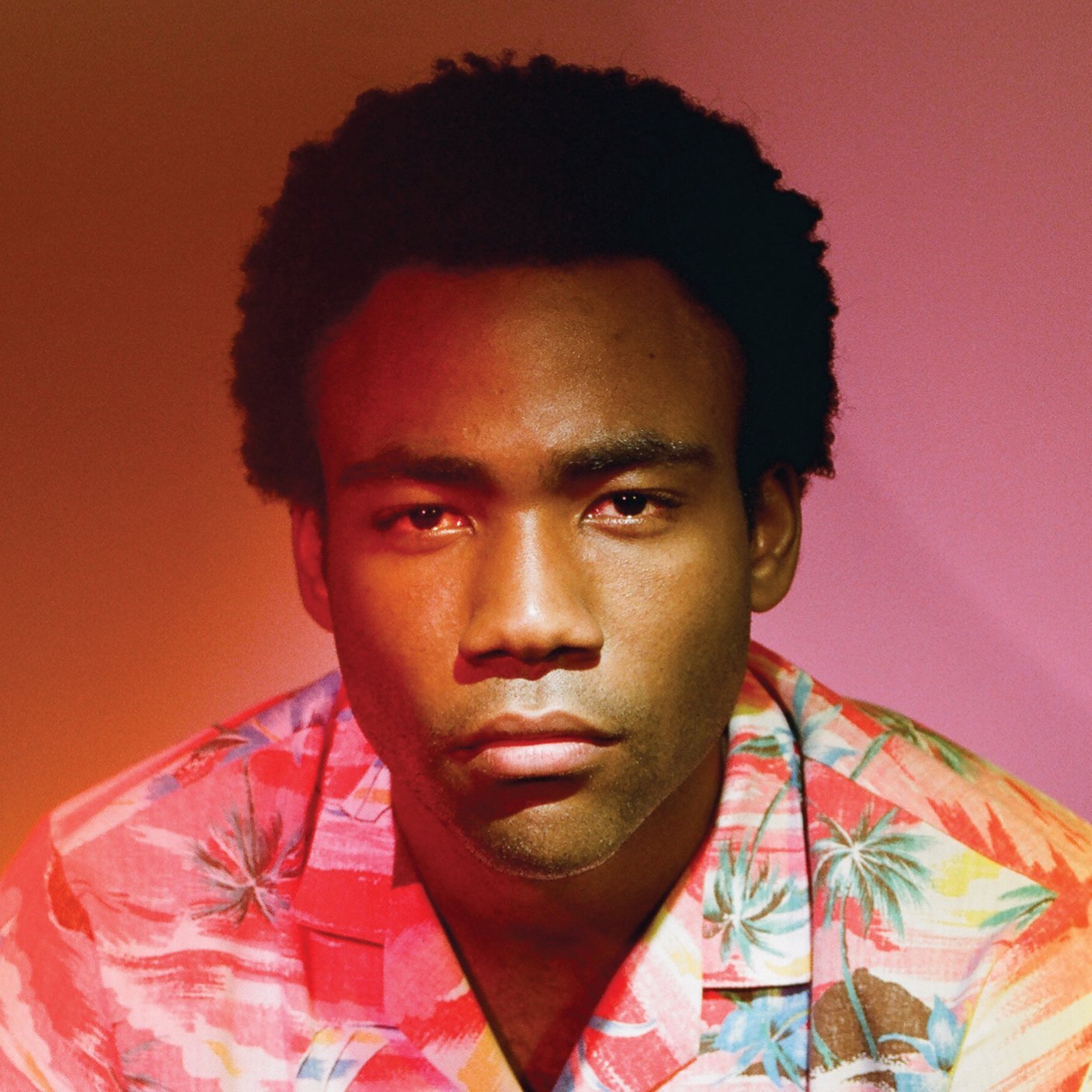
Childish Gambino’s “Because The Internet” serves as a love-hate letter to the Twitter-verse and the definitive soundtrack to the millennial experience. The hip-hop artist peels back layers of his own psyche and romantic life in upbeat tracks like “3005” and “Pink Toes,” but wrestles with the triviality of a pursuit for happiness in his “life inside a computer.” He offers the cold truth, “Because the internet, mistakes are forever.” In tracks like “Worldstar,” he employs self-parodying narcissism to shine a light on social media’s glorification of violence. Gambino brings a nihilistic edge that is seldom heard in the genre.
The album provides a beautiful listening experience front-to-back when accompanied by a 76-page screenplay that shares the album’s name. The screenplay’s protagonist, “The Boy,” a fictionalized Gambino, guides the listener throughout tangential topics such as online trolling with slick, internet-referencing wordplay (“She on Hollywood and Vine, thinking that she’s Hollywood on Vine”). However, a deep dive into universal themes of life and love guarantees a timeless staying power, partially in thanks to the album’s phenomenal production. On “Zealots of Stockholm” and “Earth: The Oldest Computer,” Gambino offers modulated basslines and glitchy synthesizers. “Worldstar” infuses audio from a hip-hop brawl along with layered trap beats before ending the song with a psychedelic jazz coda. To fully grasp it all, “Because The Internet” demands full attention, something it absolutely merits. Hip-hop has wider boundaries now, thanks to Gambino.
–Ben Berman, Staff Writer
“Honor Killed The Samurai” (2016) – Ka
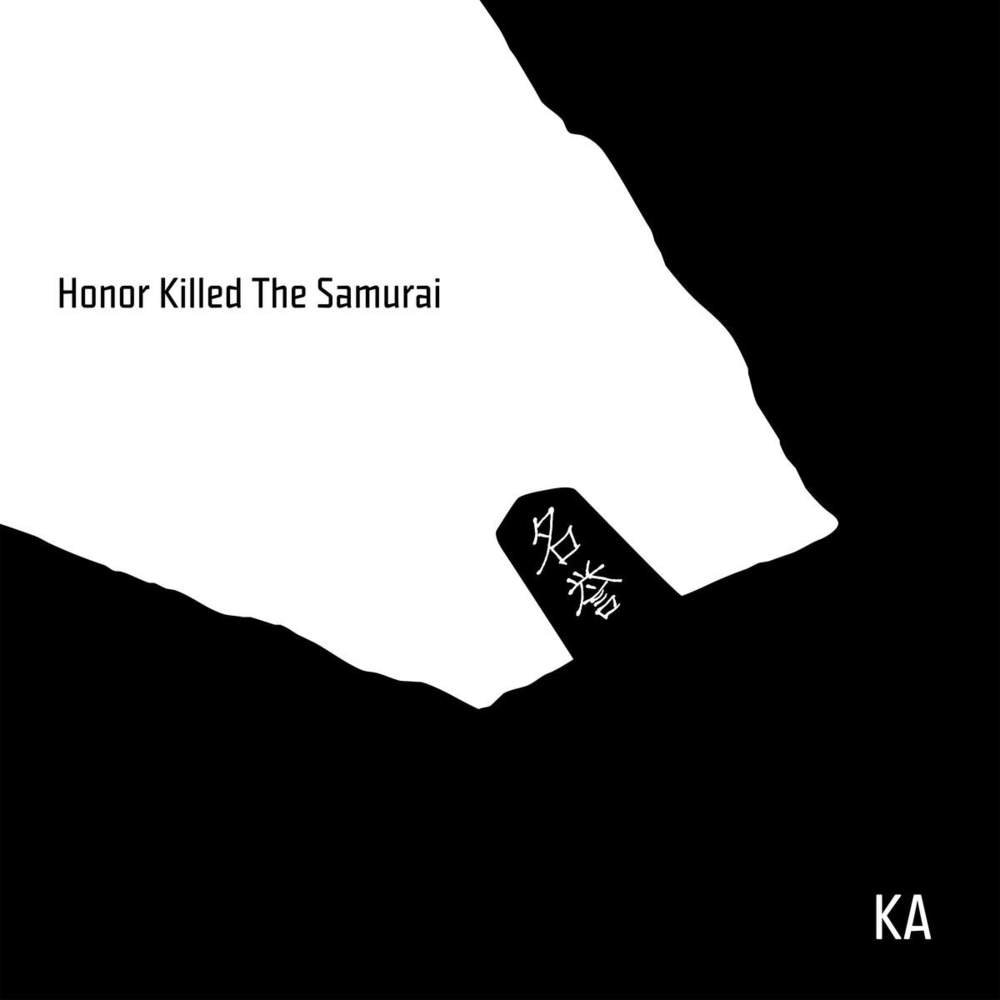
Ka’s “Honor Killed the Samurai.” (Self Released)
“Honor Killed The Samurai” is a memoir set in Brownsville, Brooklyn at the peak of the crack epidemic. Ka paints dark and vivid pictures of his past with his cold, smooth flow and his cut-throat delivery over self-produced lo-fi, hip-hop beats. HKTS is a conceptual collage, where the tracks are tied together with samples on the ways of the samurai. His concise and sharp penmanship is exceptional as he blends diligent metaphors with witty one-liners and double entendres like “Left for dead, start moving rocks like Easter Sunday.”
The skeletal structure of the production and the lack of percussion pushes his vocals to the foreground, making the album sound like a spoken-word record. HKTS transcends a traditional musical experience. The volatile beats are often tuned out, making the tracks feel like intimate conversations with Ka, who is passing on his experiences and wisdom on how to survive in the desperate, violent environment of the hood. HKTS is one of the rare albums that’s lyrics can be enjoyed separately from the music as a collection of poems.
–Altug Karakurt, Staff Writer
“Bury Me at Makeout Creek” (2014) – Mitski

Mitski’s “Bury Me at Makeout Creek.” (Dead Oceans)
On her third album, singer-songwriter Mitski lays bare some of the most direct and personal songs written this decade. Her diaristic approach allows her to reveal incredibly personal difficulties over noisy guitar melodies and straightforward basslines. Vocal melodies carry her songs though, making the musings of the woman NPR called “The 21st Century’s Poet Laureate Of Young Adulthood” the focus. Songs like “First Love/Late Spring” are full of this raw tenderness. It feels as if someone has just shared a few pages of their diary with you.
There are soaring highs and morbid lows, like the album’s final song “Last Words of a Shooting Star,” where Mitski imagines someone looking through her possessions after she has died. Mitski’s candor and vulnerability come together into a perfectly-imperfect expression of love, lust and loss. She’s certainly not reinventing the wheel, but she doesn’t need to. The sincerity she provides here is a much-needed salve to what seems to have been—in too many regards—an insincere decade.
– Cameron Markuson, Staff Writer
